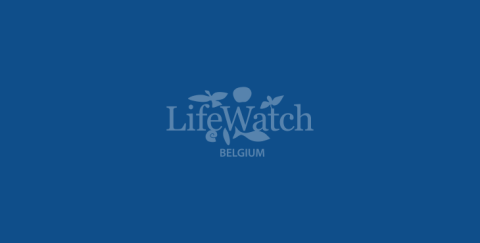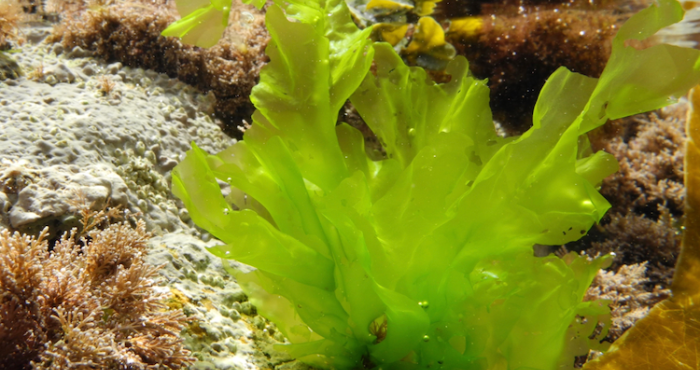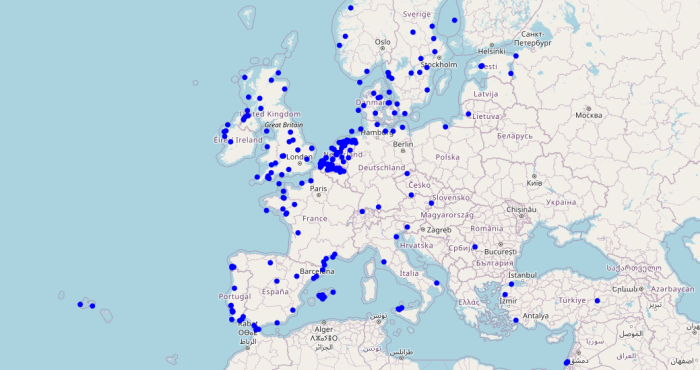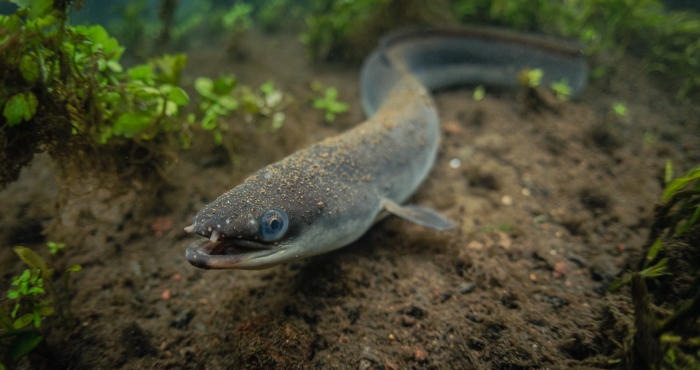NeMys editors got off to a flying start!
On February 24-26, experts on free-living marine nematodes have gathered at the Flanders Marine Institute (VLIZ), host institute of the World Register of Marine Species (WoRMS), to give the re-newed NeMys a kick-start and to discuss future plans.

Following the transfer of the World Database of Free-living Marine Nematodes – NeMys - to WoRMS in November 2014 (http://www.marinespecies.org/news.php?p=show&id=3966), a diverse editorial team was composed and plans were made to bring this team together for a kick-start of the re-newed NeMys and to discuss the future plans.
Last week – 24-26 February – the Flanders Marine Institute has hosted this NeMys workshop, offering the editorial team the opportunity to make editorial agreements and discuss future plans and options in person. In addition, the Data Management team organized a one-day-hands-on training, teaching the editors how to work with the online editing interface.
The editors have decided to share the overall responsibility for the Nematodes, although each editor will follow up on one or more orders in which he or she has expertise. The gaps and issues that were identified prior to the workshop will be tackled by the team in the coming year. The general aim is to have the list of free-living marine nematodes as complete and up-to-date as possible by Spring 2016. In the long run, the editors plan to update the existing identification keys, add new keys and keep track of all ecological papers related to these tiny worms.
The workshop can definitely be labeled as ‘highly successful’: during the hands-on session, no less than 123 new Nematode species have been added to the database and the higher classification was re-organized to comply with the latest accepted taxonomic standards for this group.
This initiative is supported by LifeWatch, the E-Science European Infrastructure for Biodiversity and Ecosystem Research. LifeWatch is a distributed virtual laboratory which will be used for different aspects of biodiversity research. The taxonomic backbone of LifeWatch aims at bringing together taxonomic and species-related data and at filling the gaps in our knowledge. In addition, it gives support to taxonomic experts by providing them logistic and financial support for meetings and workshops related to expanding the content and enhancing the quality of taxonomic databases.
Last week – 24-26 February – the Flanders Marine Institute has hosted this NeMys workshop, offering the editorial team the opportunity to make editorial agreements and discuss future plans and options in person. In addition, the Data Management team organized a one-day-hands-on training, teaching the editors how to work with the online editing interface.
The editors have decided to share the overall responsibility for the Nematodes, although each editor will follow up on one or more orders in which he or she has expertise. The gaps and issues that were identified prior to the workshop will be tackled by the team in the coming year. The general aim is to have the list of free-living marine nematodes as complete and up-to-date as possible by Spring 2016. In the long run, the editors plan to update the existing identification keys, add new keys and keep track of all ecological papers related to these tiny worms.
The workshop can definitely be labeled as ‘highly successful’: during the hands-on session, no less than 123 new Nematode species have been added to the database and the higher classification was re-organized to comply with the latest accepted taxonomic standards for this group.
This initiative is supported by LifeWatch, the E-Science European Infrastructure for Biodiversity and Ecosystem Research. LifeWatch is a distributed virtual laboratory which will be used for different aspects of biodiversity research. The taxonomic backbone of LifeWatch aims at bringing together taxonomic and species-related data and at filling the gaps in our knowledge. In addition, it gives support to taxonomic experts by providing them logistic and financial support for meetings and workshops related to expanding the content and enhancing the quality of taxonomic databases.



